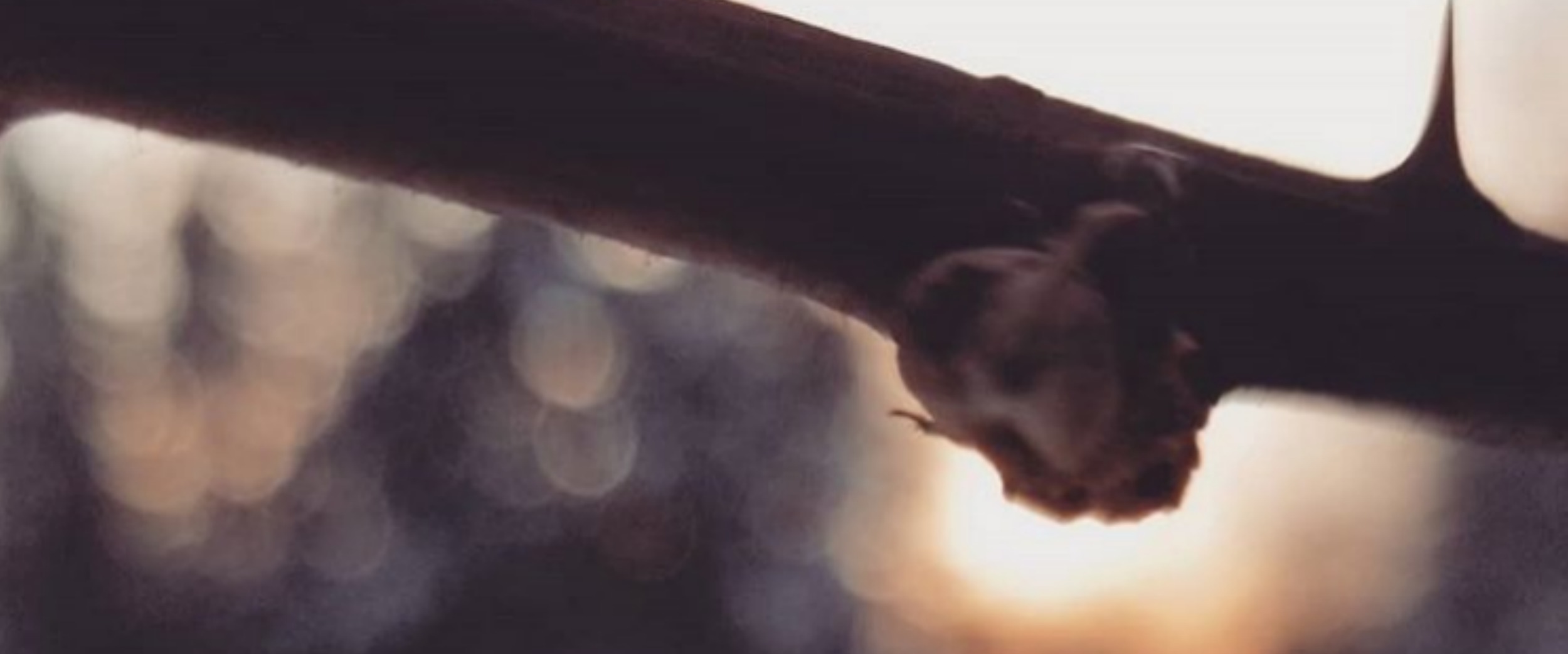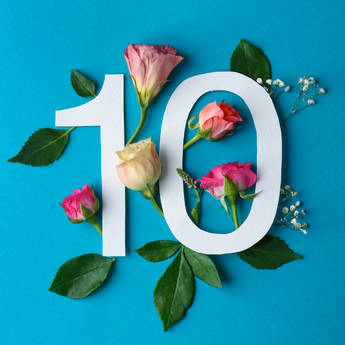By Rébecca Lazure
Originally published on Rébecca’s blog End of Active Treatment
So, we could begin like all meeting group sessions do:
— Hi, hello. My name is Rebecca, I'm 37 and I have breast cancer.
— Hello Rebecca.
We could. Yeah.
I am indeed a “37 years old human female presenting invasive mammary carcinoma with an in situ component of ductal carcinoma. LB1.”
I discovered the lump myself as, in more medical terms, it was “a palpable mass.” Of an aggressive type: three months after I first went to a doctor with my findings, an ultrasound showed that it had already constructed a buddy just beside itself and was visiting a node in my armpit, probably thinking of building a vacation house or something.
At this point, maybe you're starting to feel sorry for me. Something in the lines of: “Oh! But she’s so young!” Or maybe, you’re thinking: “Well, at least she is young, she’ll have more energy to fight this invader.” Both of which feelings are valid, but none of which are mine. Both of which I've heard from doctors, health practitioners, nurses, friends, family and other patients. But, again, none of which feelings are mine.
From the beginning of this rollercoaster, I've been feeling quite strongly that this “war on cancer” stance is absolutely not something in which I feel included. I do not mean by that I'm feeling rejected or anything, but that it is just not what I have been and still am feeling.
You see, all those expressions and terms like “to battle against,” “to fight cancer,” and “war” imply that there is a “right” and a “wrong” side — a winning or losing side. But those funky cancer cells... they are a part of me. I am certainly not about to wage war against my own body!
Now, maybe you are thinking: "Well, don’t you want to fight for your life?” No. I do not. “What... Is she…? Are you refusing treatment?” No. I did not and still am not: I had chemotherapy, a lumpectomy with axillary dissection and radiotherapy treatments. I am now under hormonotherapy.
But.
There is an immense difference between treating:
Treating. “Borrowing from Old French traitier, ‘to manage’; from Classical Latin tractare, ‘to manage’; from Classical Latin tractus meaning ‘pulled’, past participle of trahere, ‘to pull’. To try to remove the cause or symptoms of (an illness) through therapy.”2
and fighting:
Fighting. “Word from the native lexical stock; from Old English feohtan, ‘to fight’; from Germanic fehtanan, ‘to fight’. To struggle intensely to (do something), despite difficulty or opposition from other people.”3
Etymologically, of course, but philosophically as well. So, treating my cancer cells does not — should not — imply that I am in any way taking a worrier stance. I mean, how does "war on cancer" even work? Do I have to separate myself into pieces of “cancer” and “not-cancer” and build them up against each other in order to gain health again?
Anyway.
Of course, I had “Why me?!” moments of anger and fear and sadness that made me point my fist into the air. I still have them. However, most of the time, I feel like all of this is making me experience the "human experience" even more. Are we not all in this together? Life. Death. Cancer. Statistically, one out of two humans will have cancer in the coming years. One out of two. I cannot imagine that one out of two human beings would be expected to be at war with their one body. Isn’t there enough wars as it is on this planet right now?
So, no. I do not want to fight anything; I am being. The living part, the dying part AND the cancer part as well.
Hi! My name is Rebecca and I live with breast cancer.
1. Short for "left breast" in medical reports.
2. “treating”, Dictionary, Antidote 9 (software, version 5.1). Druide informatique, Montreal, 2017
3. “fighting”, Dictionary, Antidote 9 (software, version 5.1). Druide informatique, Montreal, 2017







